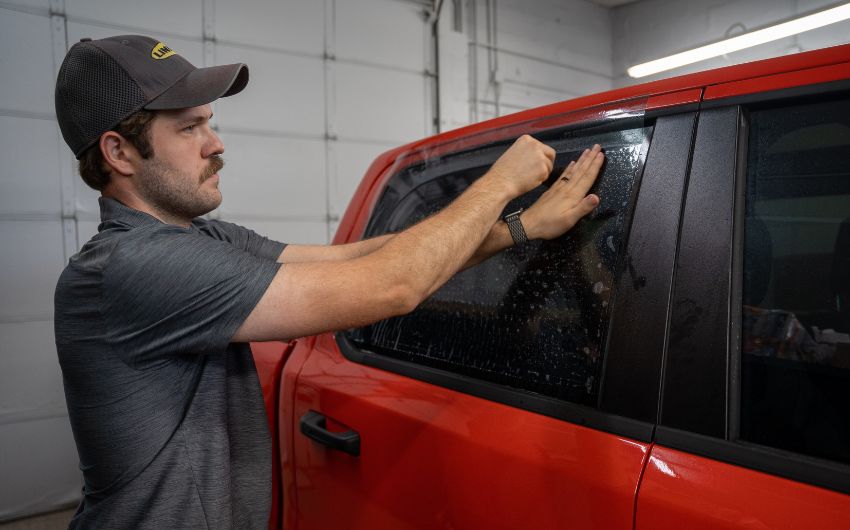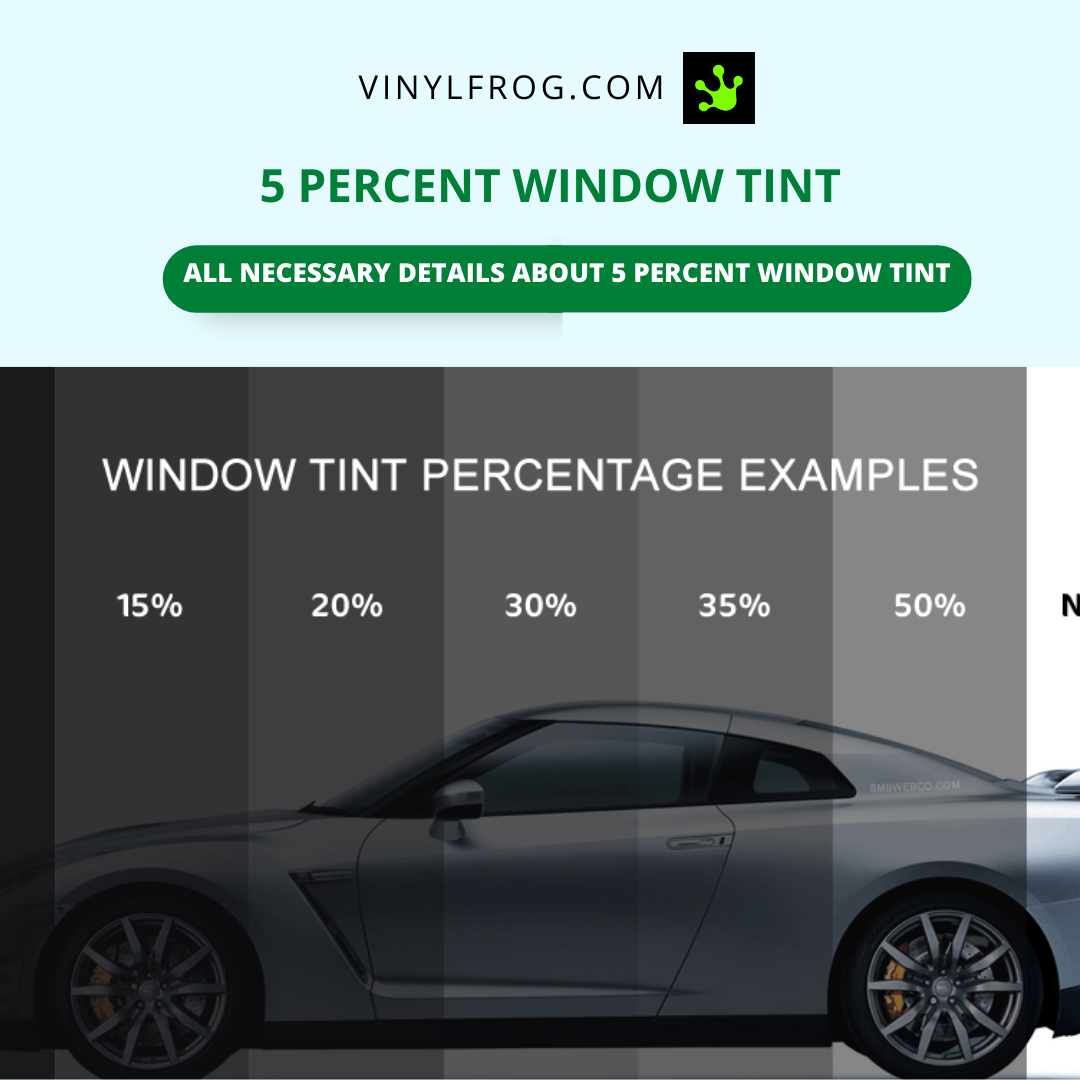Why Car Window Tinting is a Must-Have for Modern Autos
Why Car Window Tinting is a Must-Have for Modern Autos
Blog Article
Window Tinting Regulations and Guidelines: What You Need to Know Before Tinting Your Automobile
Prior to waging home window tinting for your car, it is essential to acquaint on your own with the diverse laws and guidelines that govern this technique throughout various states. These guidelines determine the permissible degrees of color darkness, often gauged by visible light transmission (VLT) portions, and consist of details stipulations for front windshields focused on ensuring roadway safety. Additionally, specific jurisdictions may offer clinical exceptions for people with certifying conditions. Understanding these complexities can conserve you from prospective legal ramifications, however what are the particular rules in your state?
Overview of Window Tinting Rules
Window tinting regulations are regularly subject to variant across different territories, mirroring local laws and security factors to consider. These regulations dictate the allowable degrees of color darkness and reflectiveness on lorry windows, ensuring that vehicle drivers keep adequate exposure while likewise securing against hazardous UV rays and heat.
Most policies classify window tinting based on the Visible Light Transmission (VLT) portion, which indicates the amount of light that can go through the window. Usually, lower VLT portions signify darker tints. Laws typically separate in between the front, side, and back home windows, with stricter constraints put on the front windscreen to improve security for both the vehicle driver and various other roadway users.
Compliance with home window tinting policies is important, as offenses can result in fines, compulsory elimination of the color, and potential boosts in insurance coverage premiums. It is vital for car proprietors to familiarize themselves with neighborhood regulations prior to proceeding with home window tinting installments.
State-by-State Color Regulations
Recognizing the particular window tinting guidelines in each state is crucial for vehicle owners seeking to comply with the legislation. Each state in the U.S. has actually developed its very own collection of rules governing window tinting, which can differ substantially. These regulations often determine the permitted degrees of color darkness, the types of home windows that can be tinted, and any type of clinical exceptions that might apply.
For example, states like The golden state have stringent limitations on color darkness for front home windows, while others, such as New Mexico, may allow darker colors. Furthermore, particular states mandate details exposure portions for numerous windows, including the windscreen, front side home windows, and back home windows. It is essential for car owners to acquaint themselves with their state's regulations to stay clear of prospective penalties or fines.
Furthermore, some states may call for a qualification sticker to be put on colored home windows, showing conformity with state legislations. Failing to comply with these guidelines not only risks legal repercussions however can likewise affect security and presence while driving. Automobile proprietors ought to conduct complete research study or consult local authorities to ensure complete understanding and conformity with state-by-state tint guidelines.
Allowed Color Types and degrees
Several automobile proprietors might be amazed to find out that enabled tint degrees and kinds vary commonly throughout different states. Each state has established its own laws concerning the permitted darkness and reflectivity of home window color, usually determined by Visible Light Transmission (VLT) portions. VLT refers to the quantity of light that can go through the colored windows; hence, a reduced percent suggests a darker tint.

Furthermore, the types of color materials allowed can vary, with some states forbiding mirror-like or metal coatings. It is essential for lorry owners to familiarize themselves with their state's details laws to guarantee conformity. Non-compliance can More Help result in fines, necessary removal of the color, or various other legal consequences, making it vital to understand these laws before continuing with installation.
Medical Exceptions for Tinting
While not all states provide allocations for clinical exemptions regarding window tinting, those that do recognize the necessity for particular people to improve visibility and convenience because of clinical conditions. Numerous clinical conditions, such as lupus, skin cancer cells, and particular eye problems, can make individuals specifically delicate to sunlight. Consequently, these individuals might call for darker tints to protect themselves from dangerous UV rays and glare.

It is very important to note that despite having a medical exception, there might still be constraints on the level of color allowed. Conformity with state laws ensures that people are both protected and within legal restrictions. Those taking into consideration clinical exceptions should contact their regional Department of Motor Automobiles or equal authority to recognize the demands and treatments necessary to request an exemption successfully.
Penalties for Non-Compliance
Failing to abide by home window tinting regulations can bring about significant fines, which differ by state. Legislation enforcement firms are empowered to provide citations for automobiles that do not abide by the specified tinting laws. These penalties typically consist of penalties, which can vary from moderate amounts to numerous hundred bucks, depending on the intensity of the infraction and the state concerned.
In some jurisdictions, duplicated offenses may result in rising penalties or added fines, such as mandatory court looks. Non-compliance might demand the elimination of prohibited tinting, usually at the proprietor's expense. In extreme cases, habitual transgressors might encounter suspension of their lorry registration till conformity is accomplished.
Furthermore, insurance ramifications might arise from obtaining several citations for home window tint violations. Insurance firms might check out such offenses as a sign of riskier habits, potentially bring about boosted costs or trouble in protection.
To avoid these charges, it is important for automobile owners to familiarize themselves with their local window tinting regulations and guarantee that their vehicle complies (Window Tinting). This positive approach not just stays clear you could check here of legal ramifications yet likewise promotes road safety
Verdict

The majority of policies categorize window tinting based on the Visible Light Transmission (VLT) percent, which suggests the quantity of light that can pass through the window. Conformity with home window tinting laws is crucial, as infractions can result in fines, required elimination of the color, and prospective boosts in insurance policy costs.Understanding the specific home window tinting laws in each state is important for lorry proprietors looking for to comply with the legislation. These guidelines commonly determine the permitted levels of color darkness, the types of windows that can be tinted, and any medical exemptions that may use.
For instance, states like The golden state have rigorous restrictions on color darkness for front windows, while others, such as New Mexico, may enable darker tints.
Report this page